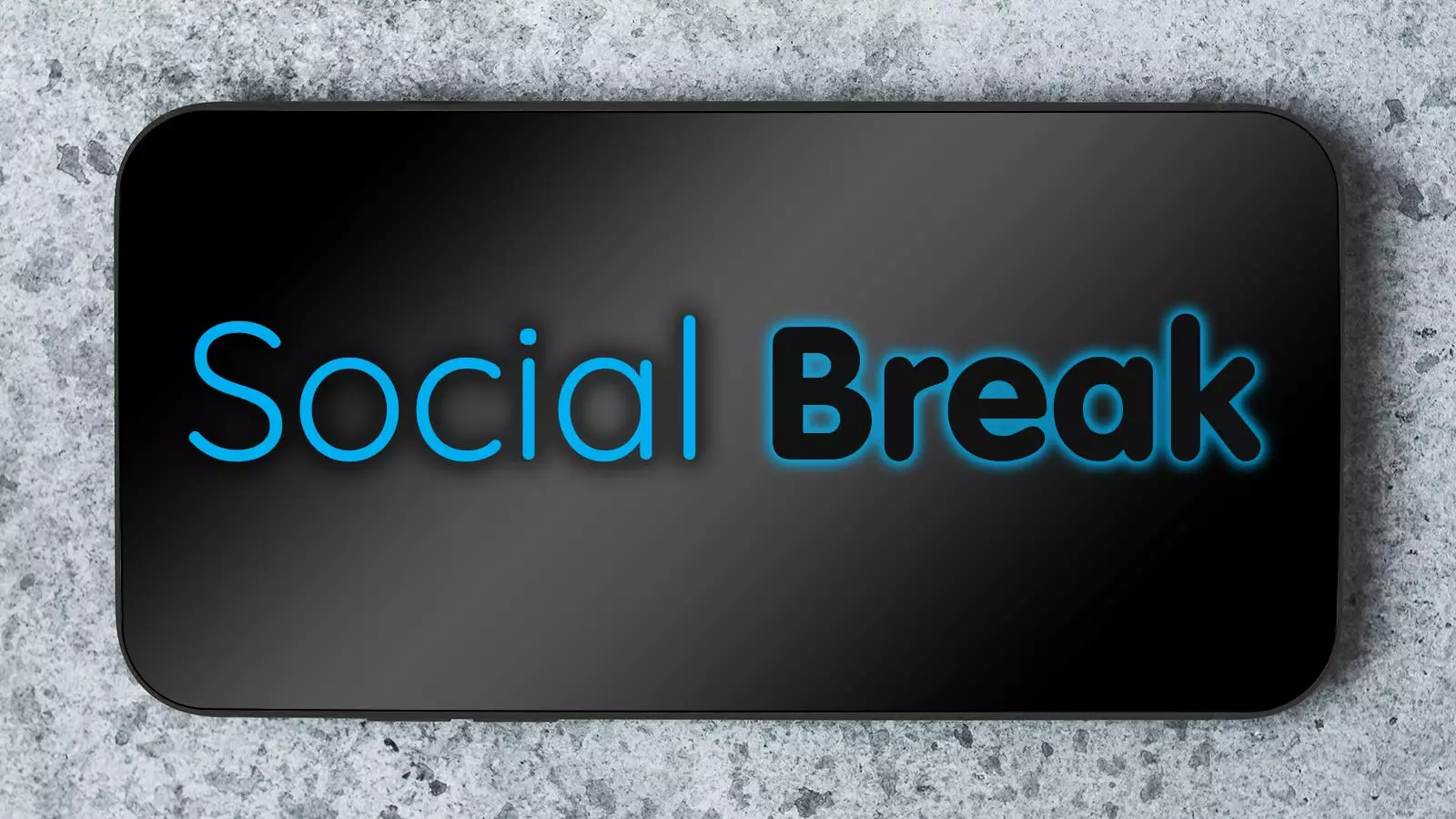The tissues provided in hospitals have long been a topic of discontent among both patients and healthcare professionals. Dr. Amy Ho, an emergency medicine physician, recently took to social media to voice her frustration, wondering why hospitals seemingly always have the absolute worst tissues. While this may seem like a trivial complaint, it reflects a larger issue within healthcare settings. The lack of attention given to such seemingly minor details can have a significant impact on the overall patient experience.
In recent times, healthcare professionals have been increasingly utilizing social media platforms to raise awareness about their areas of specialty. From humorous reels to educational content, doctors are finding creative ways to engage with wider audiences. One such example is a group of urologists who collaborated on an Instagram reel, highlighting the importance of their field. Such initiatives are essential in breaking down barriers and demystifying medical specialties, ultimately leading to improved patient understanding and care.
For medical residents, the start of a new year often means renewing their commitments and setting resolutions. Dr. Brian Hoeflinger, a neurosurgeon, shared his personal resolution to not drink and drive, accompanied by a touching anecdote. These resolutions, although recycled year after year, serve as a reminder of the constant strive for improvement and professionalism within the medical field. They also shed light on the unique challenges and sacrifices that healthcare professionals face in their personal lives.
Dr. Jmack, an emergency physician, sparked a conversation when he questioned the patterns of phone calls made by his African-American patients during exams. However, he was swiftly called out by fellow physicians for making generalizations and potentially perpetuating racial bias. This incident highlighted the importance of recognizing and addressing systemic biases within medicine, emphasizing the need for cultural competence and sensitivity in patient care.
Social media platforms have provided healthcare professionals with an opportunity to advocate for important public health issues. Gastroenterologist Dr. Socalgastrodoc issued a warning about the risks of consuming raw or undercooked fish in endemic regions after a worm was found in a patient’s liver in China. Such posts serve as a reminder of the diverse range of issues that healthcare workers tackle, both inside and outside the hospital walls.
Beyond professional insights, healthcare professionals also use social media to share personal reflections and experiences. Psychologist Dr. Katherine Schafer recently posted about the sacrifices she has had to make as a mother, resonating with many in the healthcare community. These personal reflections shed light on the often unspoken challenges faced by healthcare professionals, including the delicate balancing act between work and personal life.
Critical care physician Dr. Kevin K. Chung emphasized the presence of respiratory syncytial virus (RSV), Influenza A and B, and COVID-19 in the intensive care unit, urging followers to exercise caution. This serves as a reminder of the ongoing challenges posed by infectious diseases, underscoring the importance of vaccination efforts in preventing the spread of illnesses. Vaccine scientist Dr. Peter Hotez further emphasized the need for annual COVID immunizations, citing its potential to decrease the risk of long COVID.
The insights shared by healthcare professionals on social media provide a unique and invaluable window into the realities of the medical field. From highlighting systemic issues to sharing personal experiences, these professionals are actively engaging with a wider audience, fostering a deeper understanding of healthcare challenges and advocating for critical issues. As social media continues to evolve, the role of healthcare professionals in shaping public perception and driving positive change becomes increasingly significant.


Leave a Reply